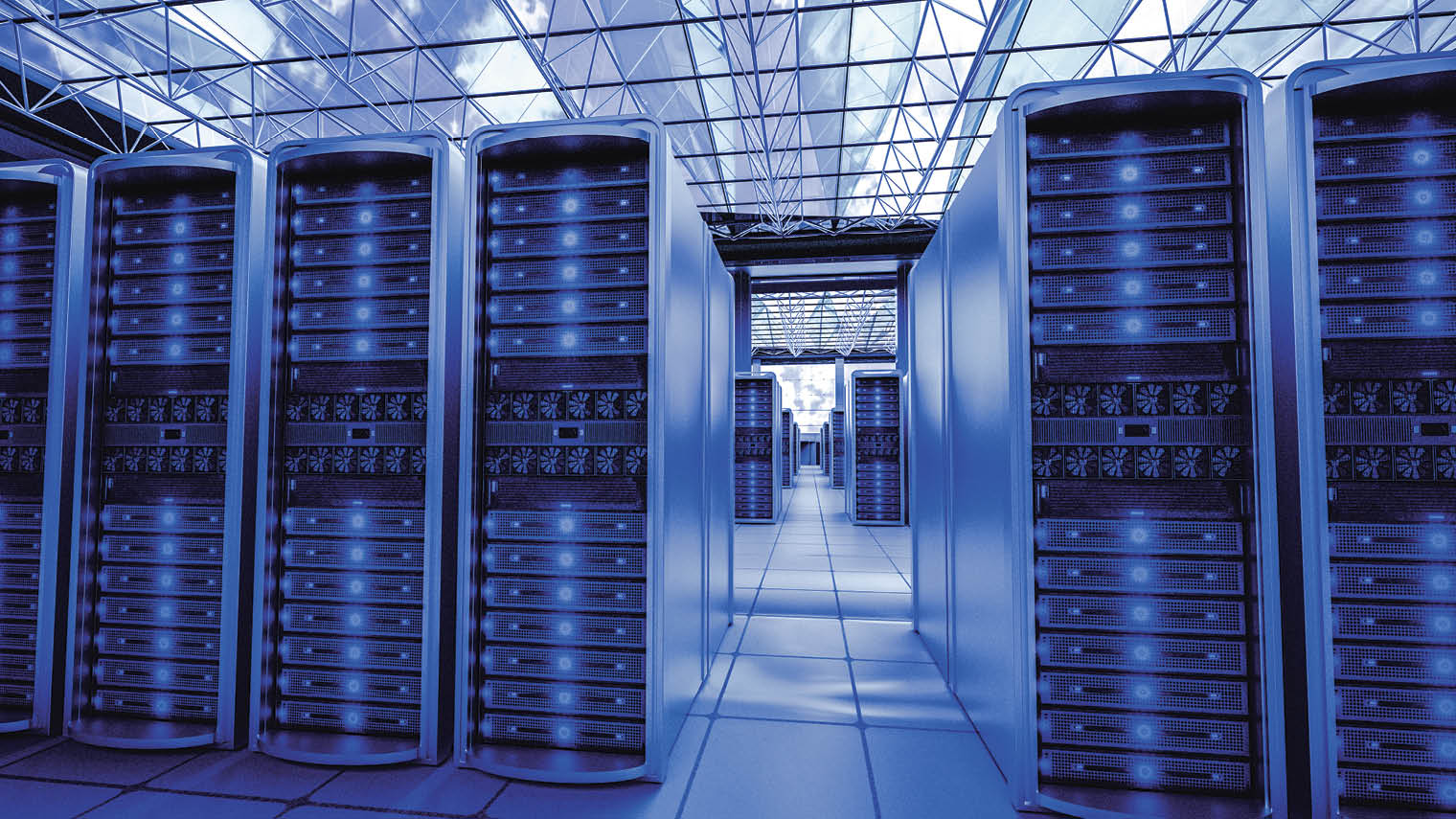Having digital capabilities is no longer just a part of running a business, it has become the business itself. Even the smallest of firms can now operate on a global scale through skilful use of technology.

Andrew Fray Managing director UK Interxion
At the heart of digital business is the data centre. Often seen as lifeless grey buildings, these lie at the centre of UK commerce. As a nexus for connectivity, cloud, data processing and storage, they support a world driven by big data analytics and the internet of things on one hand, and data protection and cyber security on the other.
Before the internet transformed telecommunications, companies chose between the likes of BT and Mercury to host their critical infrastructure. The nature of connectivity was then transformed as companies were no longer required to connect to a single traditional telco, but to several diverse networks.
Everyone is now consuming a myriad of personal and business content on an ever-increasing number of devices. To serve end-users with the experience they demand, businesses need to connect to multiple networks and complementary services, such as cloud platforms and content-delivery networks, to deliver their service. This is where the data centre comes in.
“Our customers enjoy access to more than 90 different network providers, who they can choose to interconnect with,” says Andrew Fray, UK managing director at Interxion, a leading provider of carrier and cloud-neutral co-location data centre services across Europe. “The main thing about carrier-neutral co-location is that it is a neutral point where businesses can put their critical infrastructure and that gives them incredible choice.”
Not all data centres are created equal. Those that enable their customers to interconnect to multiple networks, cloud platforms and other services are far better suited to the modern digital business. These types of data centres are often referred to as carrier-neutral co-location.
These data centres located in cities are proving central to the digital economy. They don’t just provide an ideal environment for a business’s critical infrastructure, but a place where they can improve the performance and efficiency of their business.
This data centre really is a key location that contributes to the global economy
The latter is made true by a “cross connect”. These cables are the veins and capillaries that connect the different parts of the digital economy. They enable entire value chains to come together within a data centre, and efficiently move and exchange data to create “communities of interest”.
“Birds of a feather flock together,” says Mr Fray. “In London, back in the day you’d have Savile Row for tailoring and Harley Street for medical treatment. Today, we have Tech City in Shoreditch for digital transformation.
“Data centres are known points of connection that draw in a combination of the key players, skills, personal relationships and interconnections between them. This rich mix of factors creates a community of interest.”
CLOSE ENCOUNTERS
One example of this is Interxion’s London data-centre campus, which is home to one of the most-established data-centre communities in Europe. Their financial services hub is made up of more than 200 financial firms, from banks to market data providers.
The physical proximity of Interxion’s data centre in London, at the epicentre of European trading venue access, makes it an obvious choice for the financial services sector. The location yields major speed advantages for multi-venue trading strategies, and enables optimal order book aggregation and consolidation.
The data centre is home to a number of financial exchanges and houses all the major points of presence for connectivity to Europe’s major exchanges, multilateral trading facilities and broker routing systems. It also hosts other services such as market data providers, brokers and cloud platforms, which firms can connect to within the facility.
To do this outside the data centre would reduce application performance, and increase latency and costs.
“Enabling this rich financial services community to interconnect is vital to clients executing on their strategies,” says Bill Fenick, strategy and marketing director of financial services at Interxion. “This data centre really is a key location that contributes to the global economy.”

HOME OF HYBRID IT
Enterprises increasingly desire a hybrid IT environment with a central point of connectivity from which they can move resources in and out of the public and private clouds, on-premise facilities and possibly also third-party partners.
Many business now use public cloud services offered by the likes of Amazon Web Services and Microsoft Azure for storage, testing and increasingly for compute.
“Our customers need a key point of connectivity from which they can ‘toggle’ between other environments for performance and security reasons,” says Mr Fray. “They increasingly use public and private clouds, as well as co-location and their own facilities to operate their businesses.
“Data protection is a key issue for most of our customers. They question whether they need to keep data within the UK or whether it can be shared with the EU. We’re seeing a very strong trend towards our customers wanting to keep UK data within the UK.”
POWERING DIGITAL ECONOMY
Data centres provide the power, space and cooling to run the infrastructure that underpins the digital economy. The interconnection piece, provided by co-location data centres, allows companies with common interests to locate their infrastructure close to each other so they can work more efficiently and perform better as a business.
Both consumers and businesses want the resources and services they use to be digital, instantly and unlimited. Co-location data centres enable companies and consumers to trade or consume with enough capacity, volume and speed. In doing so, they are creating communities of interest.
“London is one of the three most connected spots on the planet, so from a digital perspective, it is a front runner,” says Mr Fray.
These data centres don’t just underpin the digital economy, they enable it through interconnecting businesses with their partners, suppliers, customers, networks and cloud platforms.
For more information please visit www.interxion.com

CLOSE ENCOUNTERS

